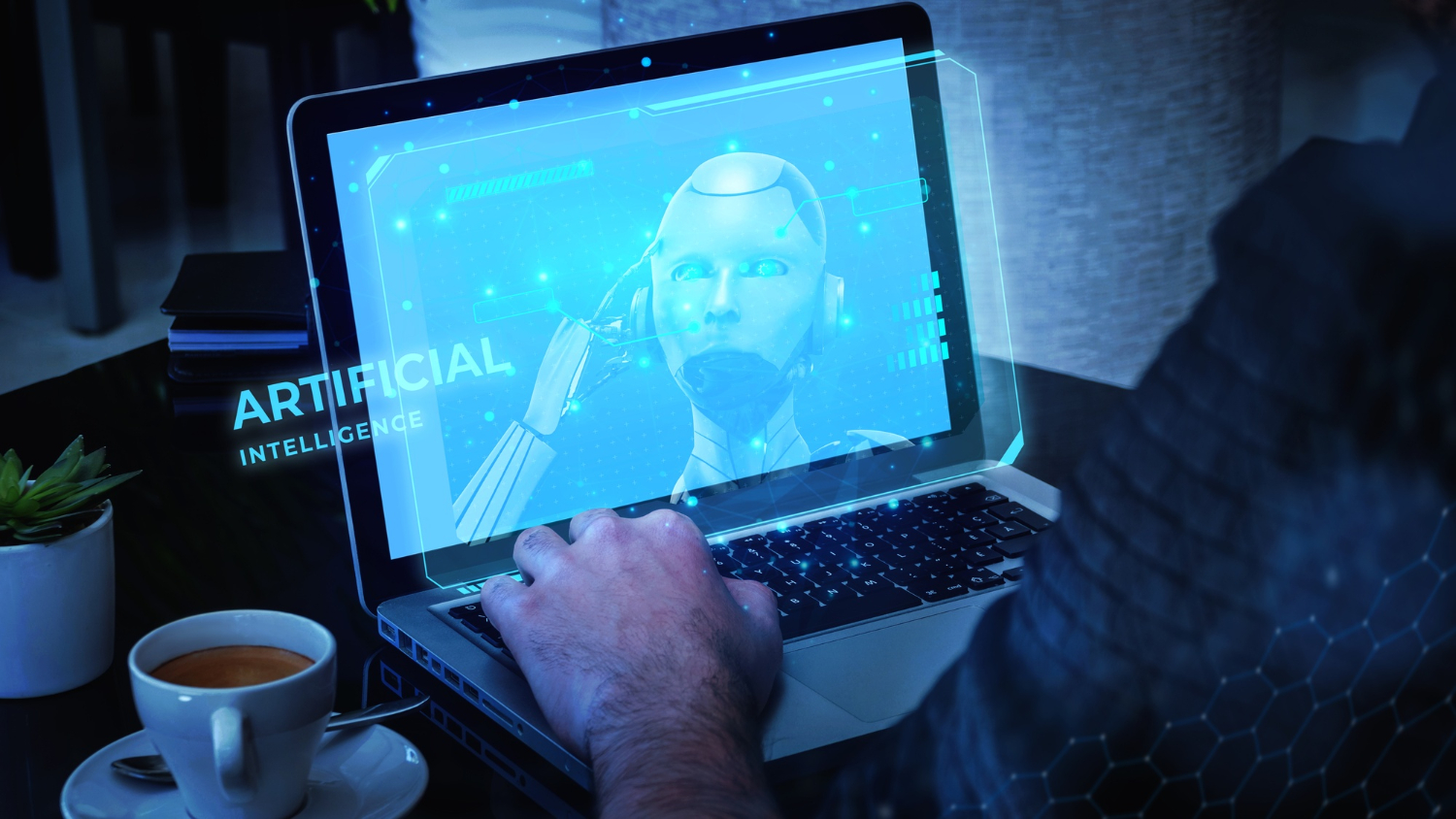M+E Daily

IoLiberum Explores the Legal, Moral Challenges of AI
Story Highlights
The speed of the development, training and leveraging of artificial intelligence (AI) has led many people to raise significant concerns over some of the legal and moral implications of using the technology, according to law firm ioLiberum.
Meanwhile, even more questions are being created around who owns the rights to the materials that AI engines are being trained on and what is real or fake, says ioLiberum.
As the use of AI and AI/machine learning (ML) derivative technologies becomes increasingly pervasive, it is important to find answers to those questions, according to ioLiberum.
At the Content Protection Summit @ NAB 2024 in Las Vegas on April 13, during the session “An Update on the Legal and Moral Challenges of AI!” ioLiberum updated its community on the latest cases, and continued to explore this evolving technology landscape, while also providing perspectives on how to weigh up the opportunities vs. the risks of AI.
 At the start of the session, Evelynn Glausman, general manager of ioLiberum, provided the audience a “moral disclaimer,” saying: “These are some ideas. This is not a factual presentation. This is not something where we’re just saying things that you know are true. This is participation and getting people to think in kind of a new way. So challenge us if you don’t like it.”
At the start of the session, Evelynn Glausman, general manager of ioLiberum, provided the audience a “moral disclaimer,” saying: “These are some ideas. This is not a factual presentation. This is not something where we’re just saying things that you know are true. This is participation and getting people to think in kind of a new way. So challenge us if you don’t like it.”
They planned to “talk about what the judges think [about] what we’re arguing about today,” said Nick Matlach, ioLiberum president.
Although “there hasn’t been a whole lot of case law, we do have some comments from the judiciary in the past couple of months,” he said.
U.S. Supreme Court Chief Justice John Roberts is “terrified of AI; he thinks you should be too,” said Matlach, adding other judges seem terrified of the technology also.
There are several important questions to ponder, according to Glausman. For example, she said: “Can AI approximate our identity? There’s services now that can recreate [anybody’s] voice from samples – services that can act as a personalized avatar that answers things the way you might, writes the way you might, speaks the way you might. Services that can keep doing this after you die.”
And, she went on: “Is that OK? So far we’ve found some problems with it, but news tends to focus on problems. Are we comfortable with this as a society? People are buying these services.”
The next question, she said, is “Can AI create a new identity? As AI gets better at merging images, personality traits, voices together into one thing, would any of its creations be considered an identity? If AI can create identities, is that OK? We’ve been having some problems with that so far in every aspect. But again, we’re focusing on problems right now. That’s the phase we’re in.”
Another key question is: “Who owns an identity? We know that characters can have identities. We know that there’s something more to a character than just their likeness. We know what Barbie is, even if she doesn’t look the same. We know what the Barbie identity is. We know what she would and wouldn’t do. We have a whole personality written for her. There’s been 60 years of backstory on her – like there would be with a person who has an identity. But she’s a created character.”
Also important, she said: “Can you own the identity of a character?” she asked. It’s been tricky. Characters, when they’re sort of generalized to something that’s not a physical appearance, sometimes can get [a] copyright or trademark, and sometimes can’t. Sometimes we can recognize them. We know when we’re repeating a character, but there’s nothing we can nail down that can really say that that’s the same character as the previous one. Tests that have been applied have been whether it’s delineated enough for judges to decide that it’s a unique character, This can be a little arbitrary. Sam Spade from The Maltese Falcon didn’t meet that test and couldn’t be copyrighted as a character. James Bond could. Lots of people play James Bond. He looks lots of different ways. But he’s always James Bond.”
After reviewing a series of older cases not involving AI but in which identities were repurposed, Matlach said: “While we don’t have the ability to have a legal case on this yet, we can see that the law on this is still evolving decades into this as to understanding what an identity is.”
Glausman went on to say: “There’s something beyond copyright and trademark, and with humans it’s called a right to publicity or a right not to publicity. We all control that for ourselves. We have agents that control it. Maybe the question we should be asking ourselves as we get further and further with AI, as these tools get better and better at creating character consistency, isn’t whether we could copyright or trademark an AI character, but whether they might have a right to publicity.”









